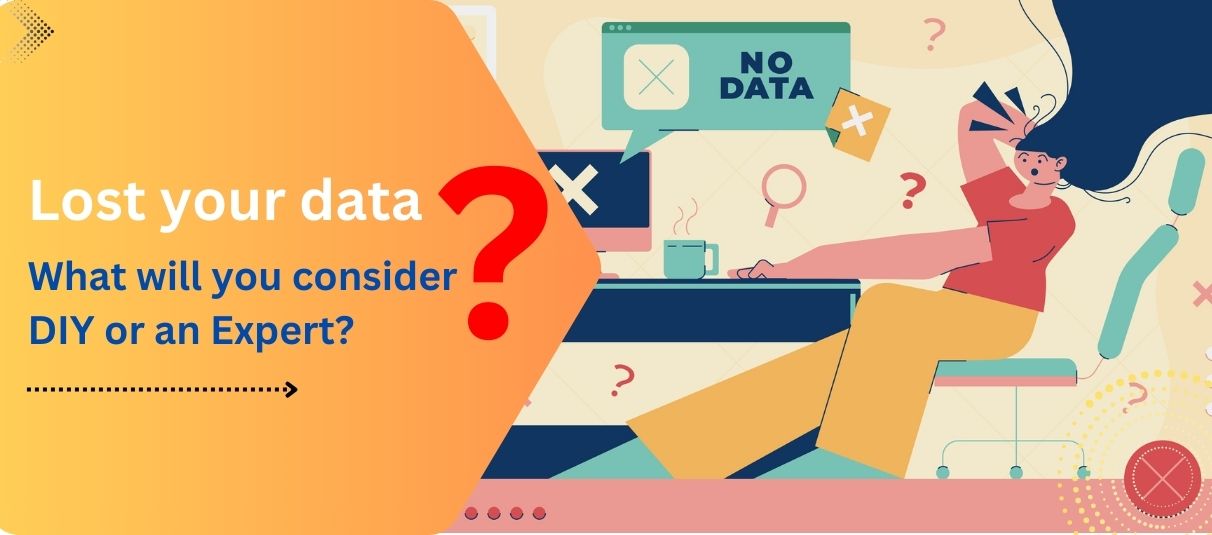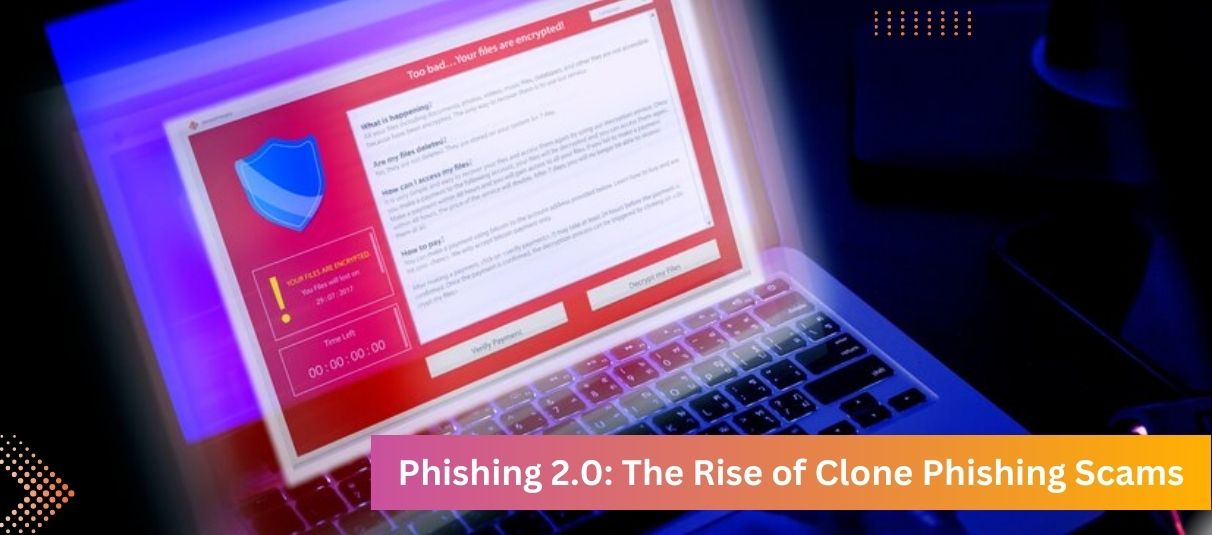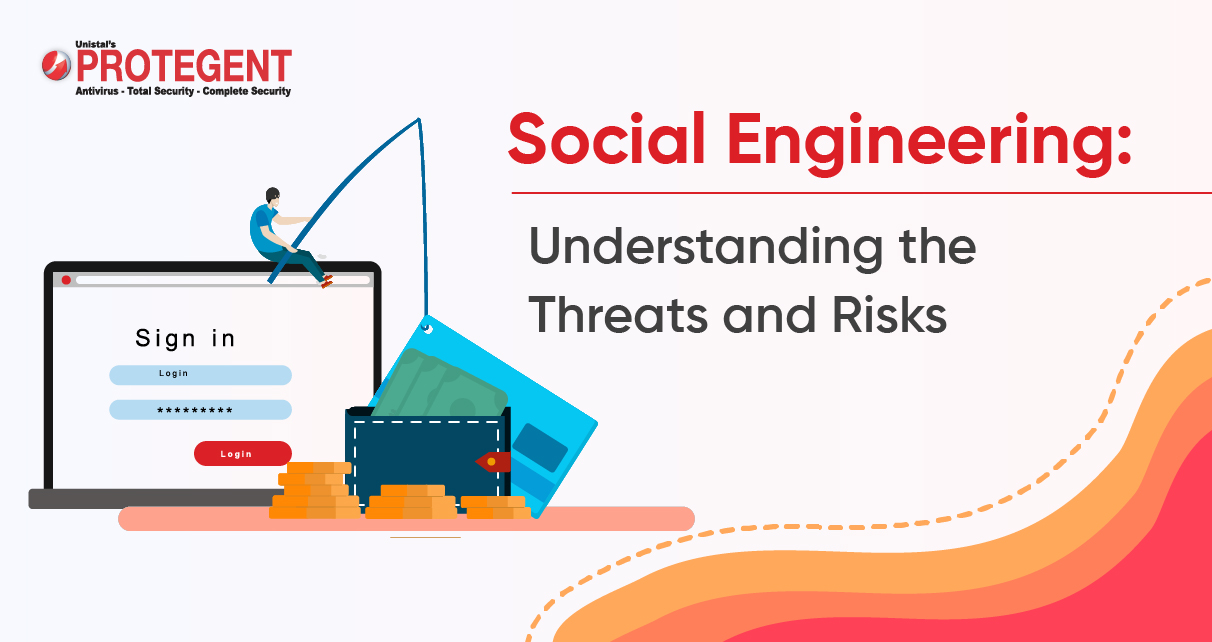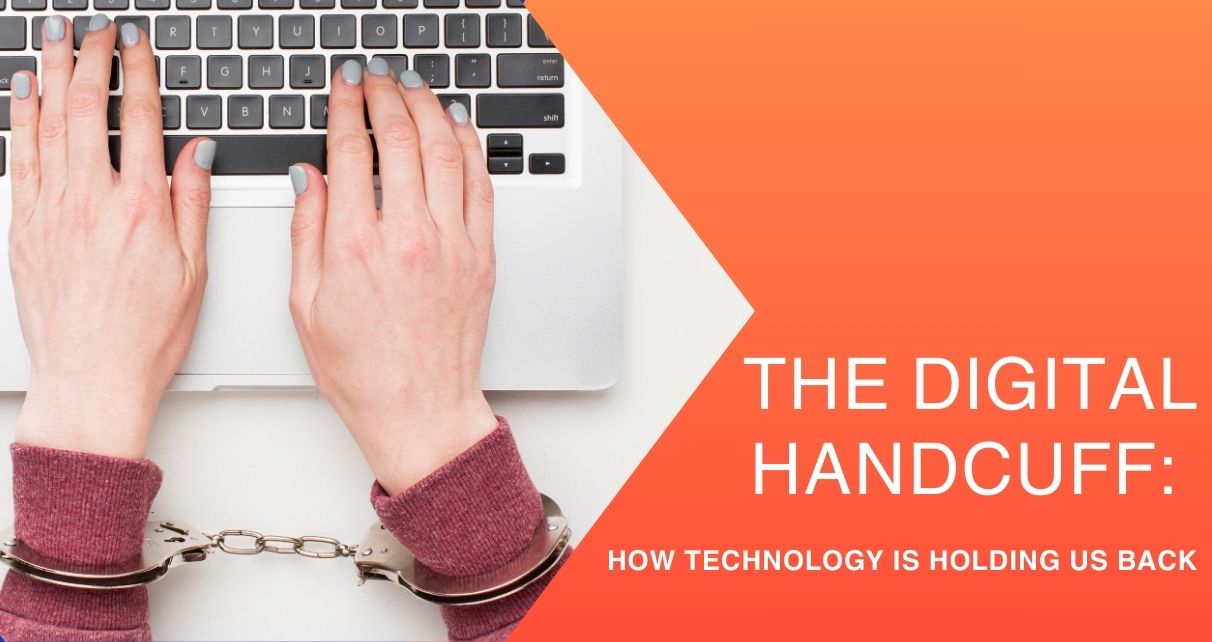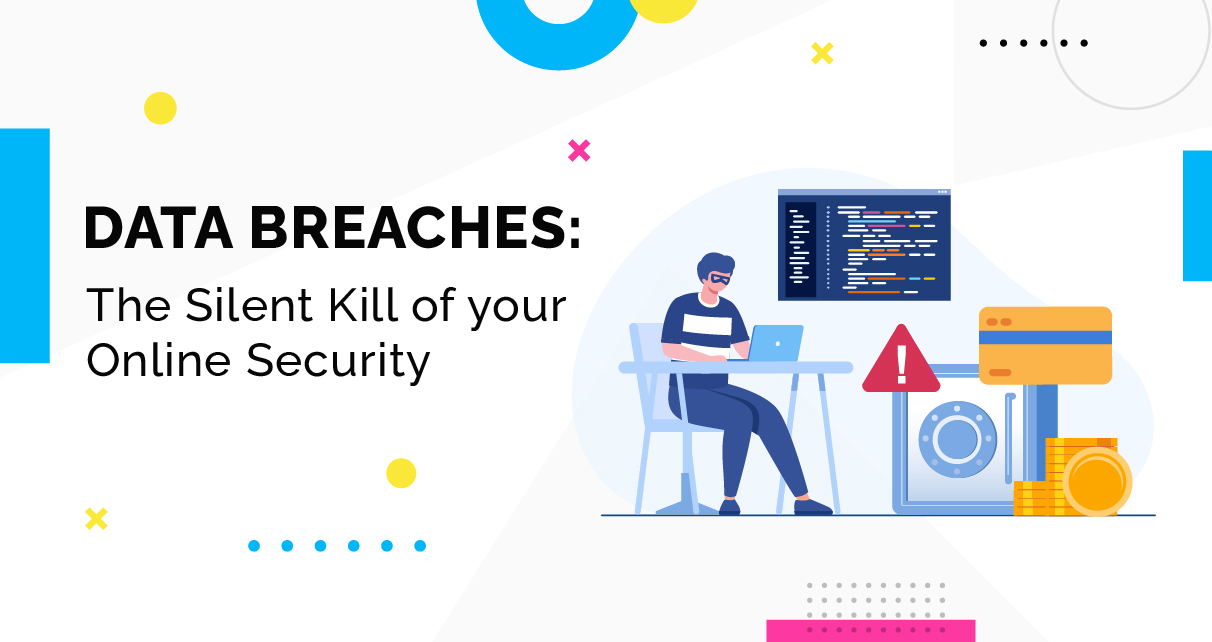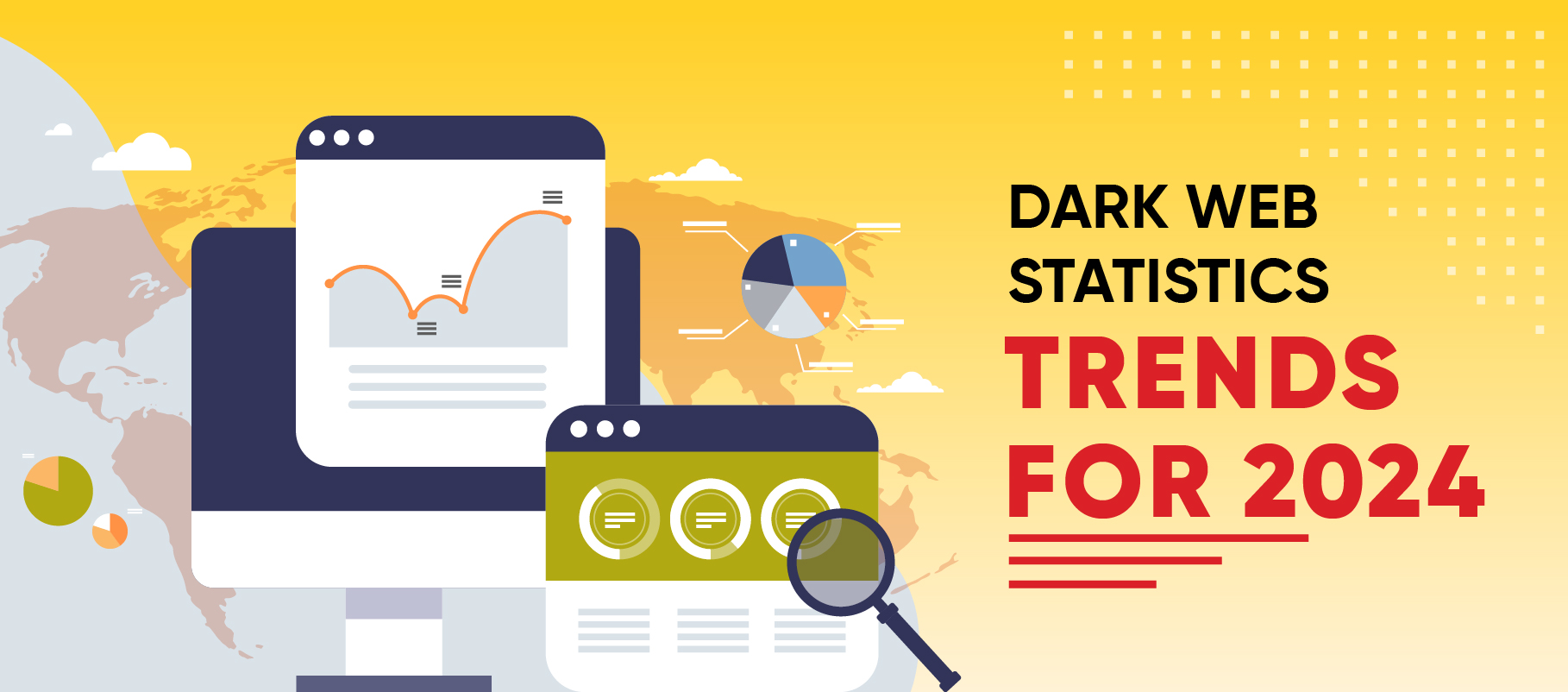DIY vs. Professional Data Recovery: When to Call in the Experts
Have you ever felt sinking when you realize you've lost important data? Whether it’s precious photos, crucial business documents, or treasured memories, data loss can be a heart-wrenching experience. But when faced with the daunting task of recovery, how do you decide between tackling it yourself or calling in the professionals? In our digital world, data is precious, and recovering it can be critical. Here’s a guide to help you weigh your options and make the best choice. Understanding Data Recovery Data recovery is the process of retrieving lost, inaccessible, or corrupted data from storage devices such as hard drives, SSDs, or memory cards. The need for recovery can arise from various issues, including accidental deletion, hardware failure, or software corruption. The method you choose can significantly impact the success of the recovery process. So, which method should be considered? Let’s understand – DIY
Read More

